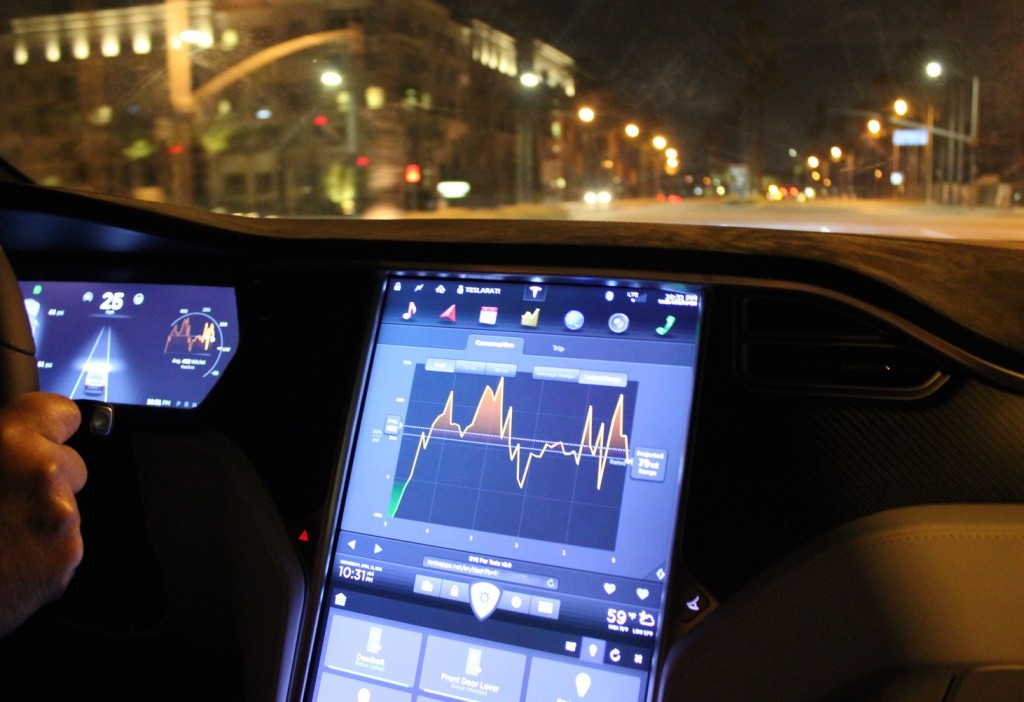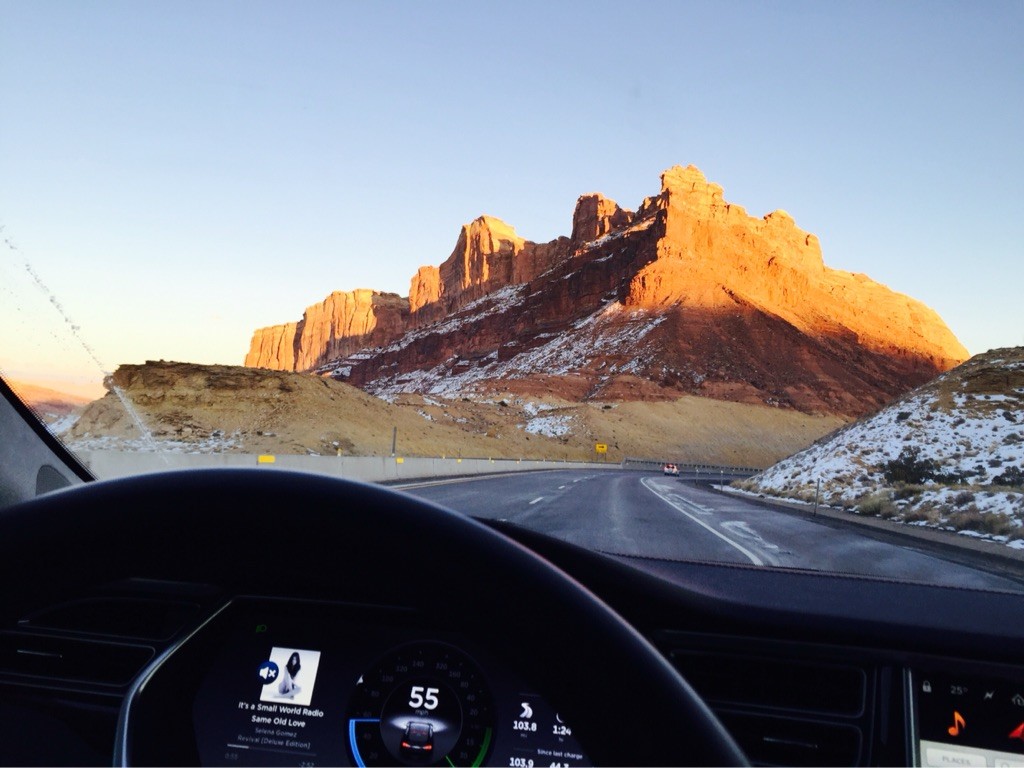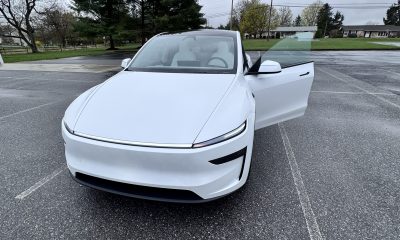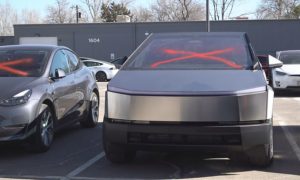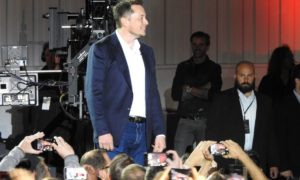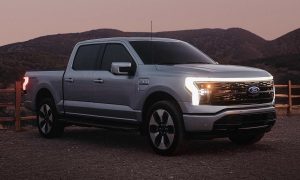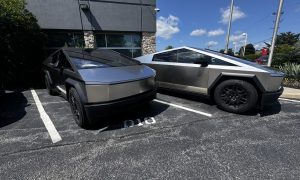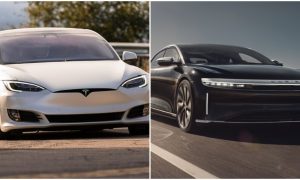News
How Tesla capitalizes on four components of great consumer experience
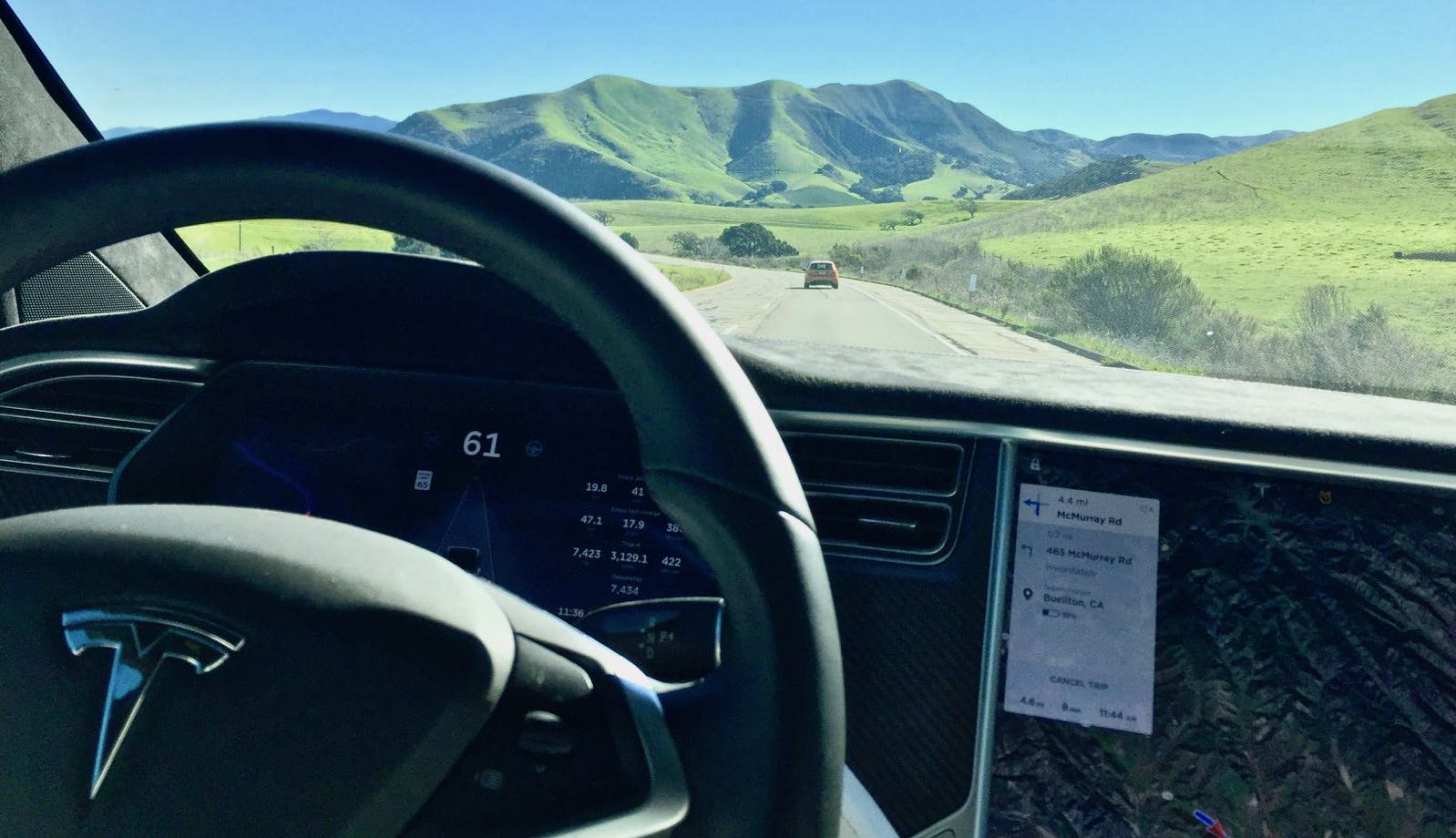
Tesla may have the edge over other automakers as they make the transition to autonomous vehicles, machine learning, and cloud-based engineering. That’s because Tesla doesn’t sacrifice the thrill of driving for the ease and entertainment of mobility technology.
A new study by Group XP indicates that automakers may be failing to maintain relevance as consumer expectations turn to constant influxes of fresh engagement moments. The report, which was produced by a partnership among Brand Union, FITCH, SET, and SET Live, explores innovations in design, connectivity, and service as the key imperatives that prompt success for mobility brands. The consulting group says that consumers today feel that their lives are defined by experiences, and now, more than ever in our consumer-driven society, people are as demanding of an experience as they are of a purchase.
Businesses that have responded to this shift in expectation are flourishing, and automakers who fail to produce a vehicle that helps consumers “completely re-imagine the process of how we get from A to B” may fall significantly behind in the industry. With cars projected to transform “from being single-serving modes of transport into hyper-customizable, seamless extensions of living space,” an automaker like Tesla has been well ahead of others with its all-electric car’s visual appeal, the company’s fervent fanbase, the records for performance and quality, and for technology innovations like the Autopilot function.
How does Tesla perform according to four components of great experience brands?
The Group XP Experience Index ranks what has been called the most important marketing metric going forward: Share of Experience. Let’s see how Tesla performs.
They must stand for something unique. Tesla has never been just a carmaker, and its broad business goals make it stand apart from other automakers. The company will “build the machines that build the machine” through Gigafactory 1 in Nevada. It is a company that also builds Supercharger networks, solar roofs, battery packs for residences and businesses, and maybe even tunnel boring. No other automaker has the extensive business outreach of Tesla.
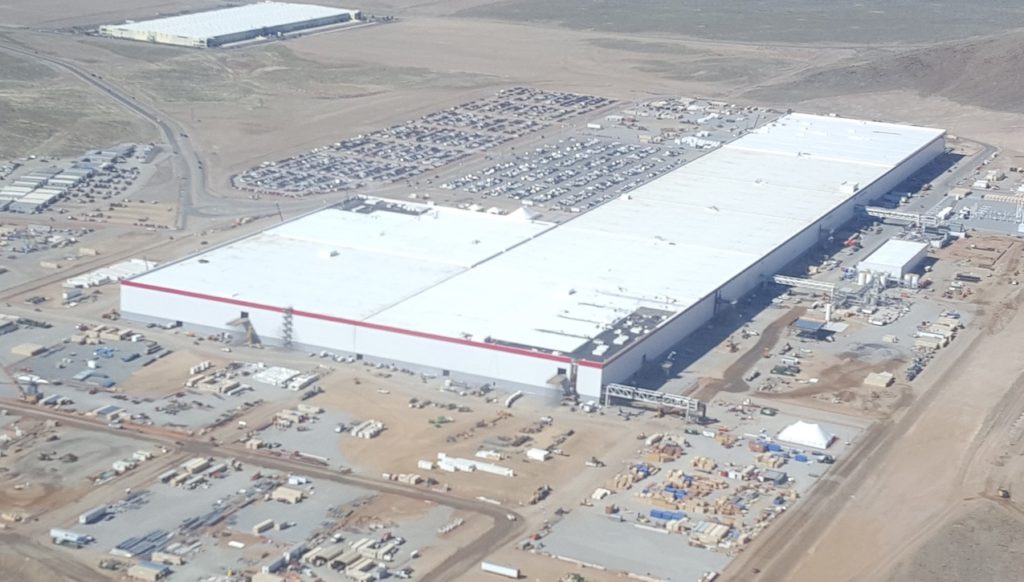
Aerial photos of Gigafactory 1 from March, 2017 reveal newly completed sections
They must deliver on our most important needs. In our high tech and often stress-filled society, people crave reliability and simplicity alongside careful construction and design. Consumers want to turn to a company that has mastered faultless execution to become a default platform brand that inspires and returns trust. Tesla knows and respects the needs of its customers and creates relationships that are amazingly personal for such a huge company. Part of that relationship-building comes from delivering a product that is exceptional in the marketplace and assertively visionary. It also offers a car that retains the traditional desired elements of suspension, acceleration, and torque.
They must provide us with exemplary content. Tesla’s user interface revolutionized the way that drivers interact with an automobile. Instead of a traditional reliance on analog buttons and switches, Tesla has provided its customers with an incredibly different interior design. Their approach has had a disruptive influence on the auto industry. The 17″ center stack touchscreen, “Easter eggs” that spark curiosity, an operating system that gets frequent wireless updates, frequently upgraded Autopilot system: all provide Tesla customers with a level of content they’ve come to expect from their smartphones.
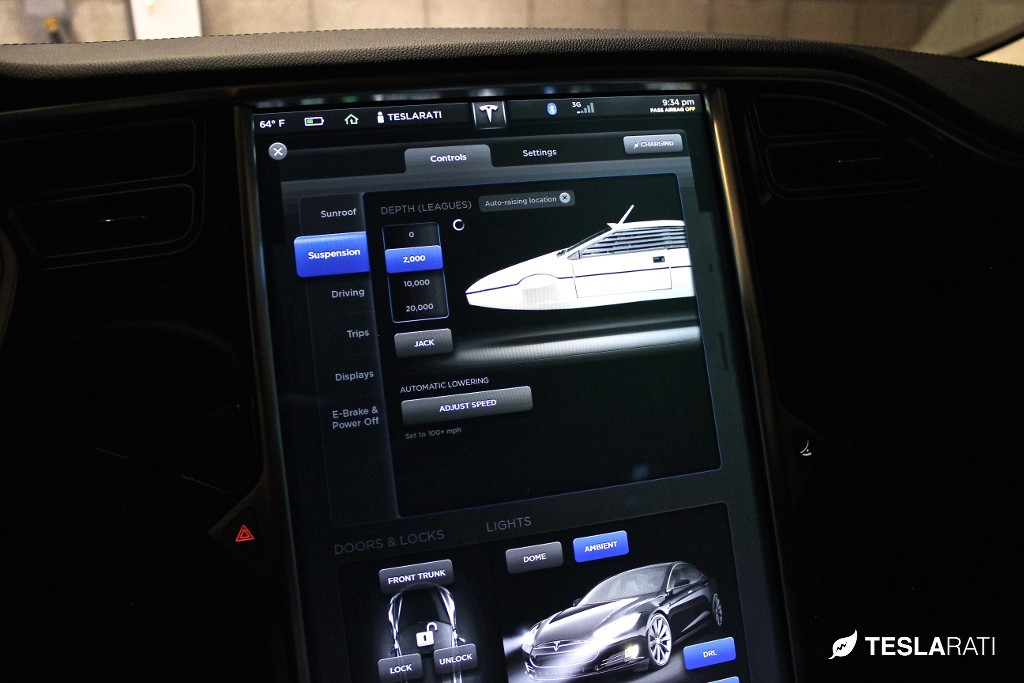
Tesla Easter Egg transforms the vehicle into the James Bond 007 Submarine
They must utilize a higher brand purpose to make all of our future lives better. The overarching purpose of Tesla has always been to “help expedite the move from a mine-and-burn hydrocarbon economy towards a solar electric economy” as a primary sustainable solution to the planet’s warming. A Tesla driver who travels less than 350 miles per week is “energy positive” with respect to personal transportation, actually putting more energy back into the system than is consumed in transportation. Tesla co-markets sustainable energy products from other companies along with their car. All of these and more create a company who business model exceeds profitability and will have a lasting impact on our world.
As transportation becomes less intrusive, some automotive brands risk innovating themselves out of the brand equity due to their inability to meet the four elements of shared experience that today’s customers expect. Tesla, instead of adapting a metal exterior to a series of tech applications, has integrated sustainability into performance and identity. It’s an equation that other automakers are hurrying to emulate.
News
Tesla hired over 1,000 factory workers for its Semi program in NV: report
The update was initially reported by Insider, which cited three people reportedly familiar with the matter.
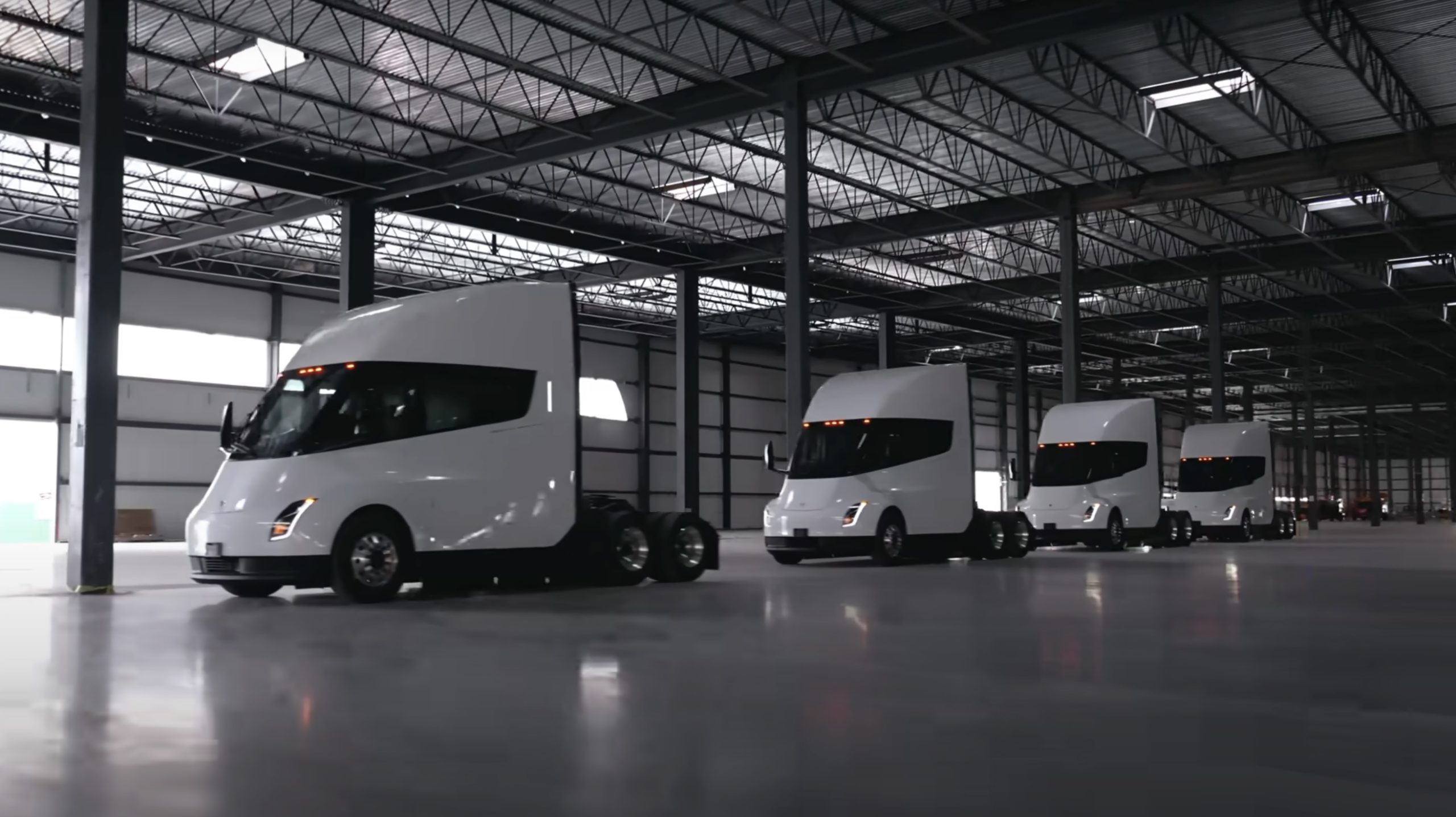
Tesla seems to be putting a lot of effort into growing its Semi team. As per recent reports, the company has hired over 1,000 factory workers in Nevada for its Semi program.
The update was initially reported by Insider, which cited three people reportedly familiar with the matter.
Bigger Semi Team
As per the publication’s sources, Tesla has reportedly hired over a thousand new factory workers for the Semi program in Nevada. The hiring ramp is reportedly part of the company’s efforts to fulfill the orders for the Semi, which have been accumulating for years.
To help the new members of the Semi team, Tesla has reportedly brought in the new workers to Giga Nevada for training and tours over the past months. These efforts are quite a notable update for the Semi program, the publication’s sources claimed, since less than 100 factory workers were reportedly assigned to the Class 8 all-electric truck until recently.
Tesla has not issued a comment about the matter as of writing.
Tesla Semi Jobs and Updates
Insider’s report came amidst a hiring ramp in Tesla’s Careers website. As per previous reports, Tesla’s Careers website has uploaded over 80 positions related to the Semi program. The positions are varied, with listings being posted for engineering-related roles in Palo Alto, California, to manufacturing-related roles in Sparks, Nevada, and vehicle service-related roles in Sacramento, California.
Tesla also shared a recent video of the ongoing progress of the Semi factory’s construction near Giga Nevada. As per Tesla Semi program lead Dan Priestley, the company has spent the last few months building the facility’s shell, so efforts are now underway to equip the factory with production equipment. The Tesla executive also reiterated the company’s target of producing 50,000 units of the Semi annually from its Nevada factory.
Lifestyle
Elon Musk jokes he will join Mr Beast’s “100 Men vs 1 Gorilla” challenge
It’s a good sign, if any, that the overworked Musk is becoming a bit more lighthearted again.
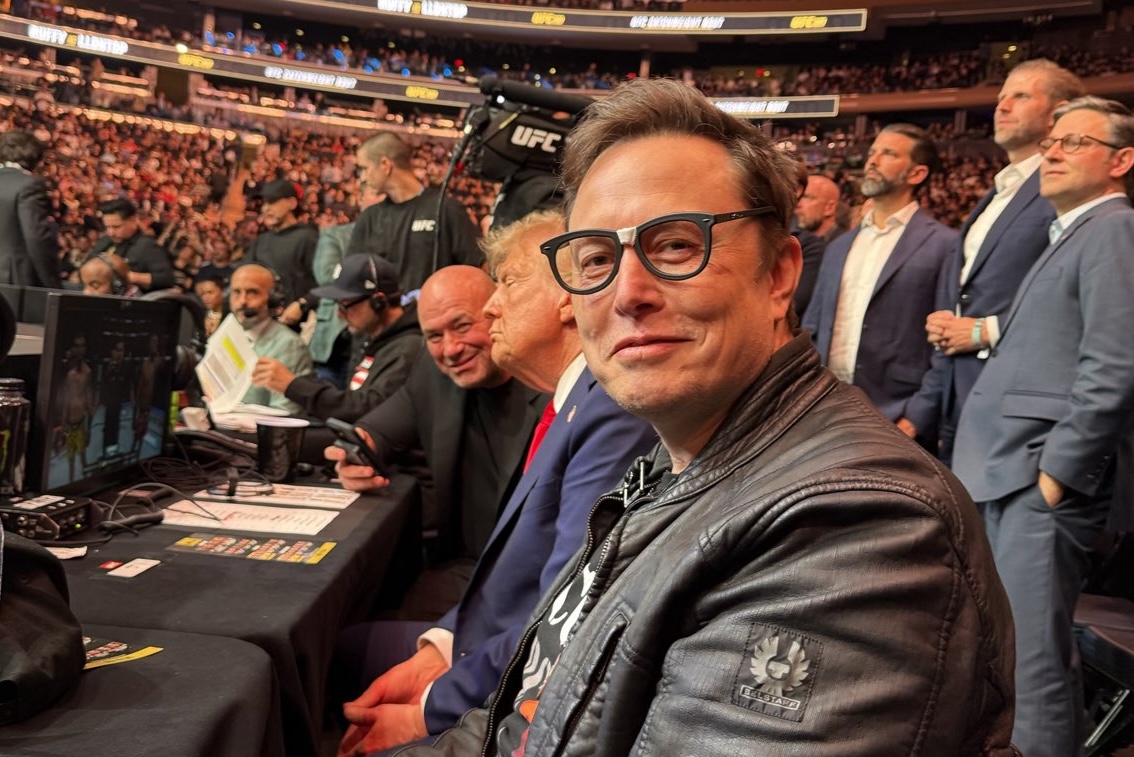
Following the first quarter Tesla earnings call, CEO Elon Musk seems to have become a bit more relaxed—relaxed enough to joke about fighting a gorilla with 99 other people, at least.
It’s a good sign, if any, that the overworked Musk is becoming a bit more lighthearted again and not too busy picking fights with politicians on social media.
The Viral 100 Men vs 1 Gorilla Challenge
Over the weekend, a post on social media platform X went viral. The post itself was quite simple, with user @DreamChasnMike stating that he thinks 100 men could beat one gorilla. “Everybody just gotta be dedicated to the sh*t,” the X user joked. The post exploded on the platform, garnering 284 million impressions as of writing.
The silly question also triggered a massive debate about whether 100 men would really stand a chance against a literal gorilla. Some users even lamented that the premise was a sign of male hubris. Nevertheless, the question proved to be a fun topic on X, with some more dedicated users even posting simulated videos of what the “100 Men vs 1 Gorilla Challenge” could look like.
Mr. Beast and Elon Musk Join In
The premise is quite similar to other viral videos from noted YouTube creator Mr. Beast, so it was no surprise that edited images of Mr. Beast YouTube thumbnails with “100 Men vs a Gorilla” also started spreading on the social media platform. Mr. Beast, who tends to be game to such silly ideas, actually reposted the edited image, joking “Need 100 men to test this, any volunteers?”
In true Elon Musk fashion, the Tesla and SpaceX CEO noted that he would join the challenge. “Sure, what’s the worst that could happen” Musk wrote in his post on X. Musk’s reply triggered quite a few laughs on X, with some stating that the world probably still needs the CEO.
While silly, Musk’s comment and his recent, more frequent posts about his companies’ products like Starlink and Grok have been received well by his supporters. Over the past months, after all, Musk has been very political and quite confrontational on social media. With Musk soon taking a step back from the Department of Government Efficiency’s (DOGE) daily operations, however, it seems like X will soon get a more tempered and lighthearted Elon Musk once more.
News
Big Tesla win? Sec Lutnick says cars with 85% domestic content will face zero tariffs
That’s a big competitive advantage for Tesla’s best-selling vehicle.
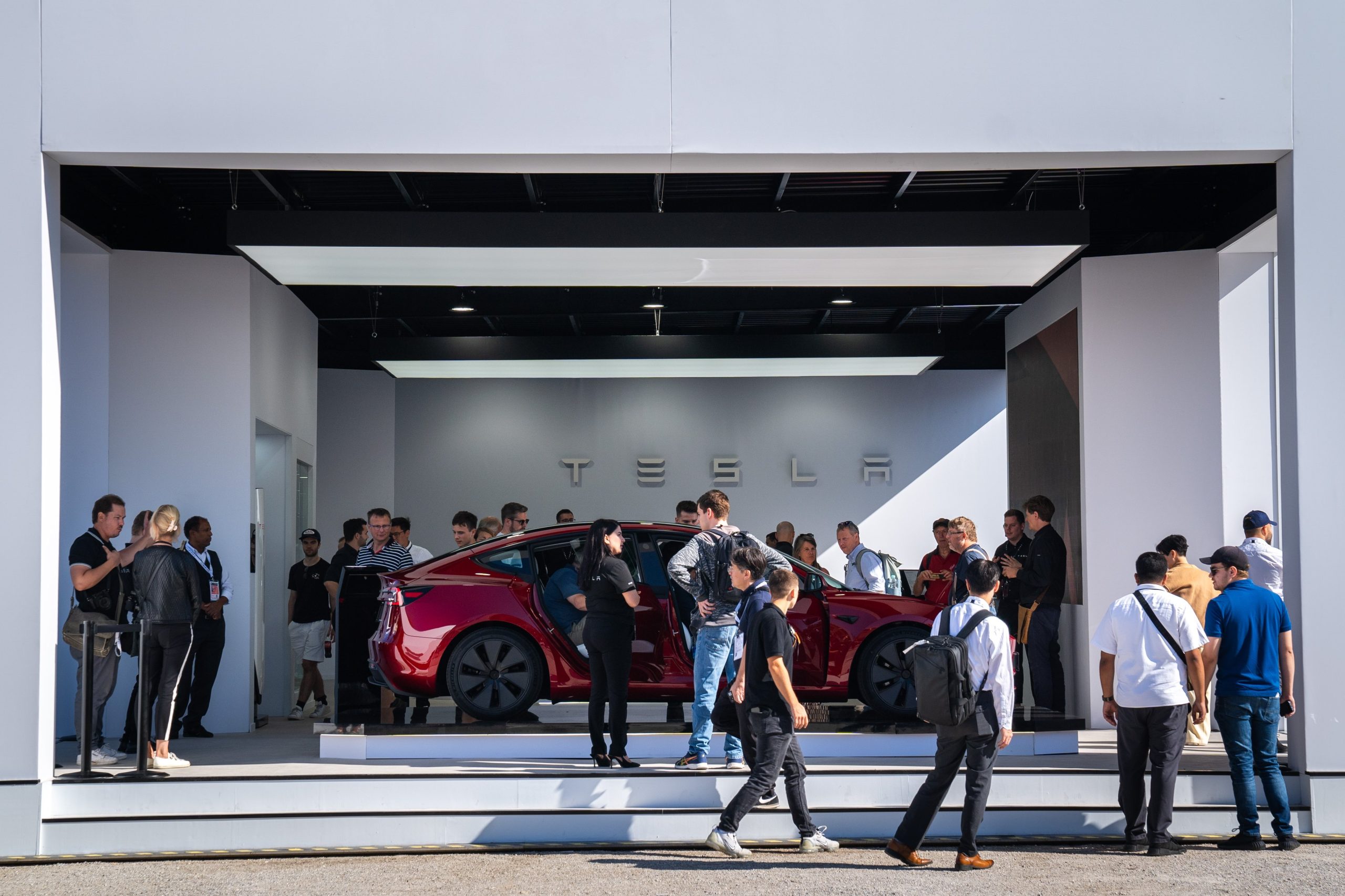
It appears that Tesla may see itself with a notable advantage in the United States.
This is, at least, as per recent comments from United States Commerce Secretary Howard Lutnick.
Lutnick’s Comments
In recent comments to reporters, Lutnick stated that vehicles finished in the United States with 85% domestic content will have no tariff applied, as noted in a report from The Guardian. Automakers that meet this threshold stand to gain an advantage in the U.S. auto sector, especially considering the Trump administration’s aggressive tariffs.
As per Lutnick, the administration’s auto tariffs will apply to foreign carmakers that are building their vehicles in the United States. “This is ‘finish your cars in America and you win’,” Lutnick stated.
Big Tesla Advantage
Lutnick’s comments were received positively by Tesla watchers on social media, many of whom noted that the threshold would probably be met only by the electric vehicle maker’s cars. Teslas that are sold in the United States are built in the United States, and they have consistently ranked among the most American cars in the country for several years running.
Back in December, for example, American University’s Kogod School of Business released its Made in America Auto Index, which explores the total domestic content of vehicles that are available for purchase today. In its rankings, only three vehicles received a total domestic content score of 85% or higher—the Tesla Model Y, Model Y Long Range, and the Model 3 Performance.
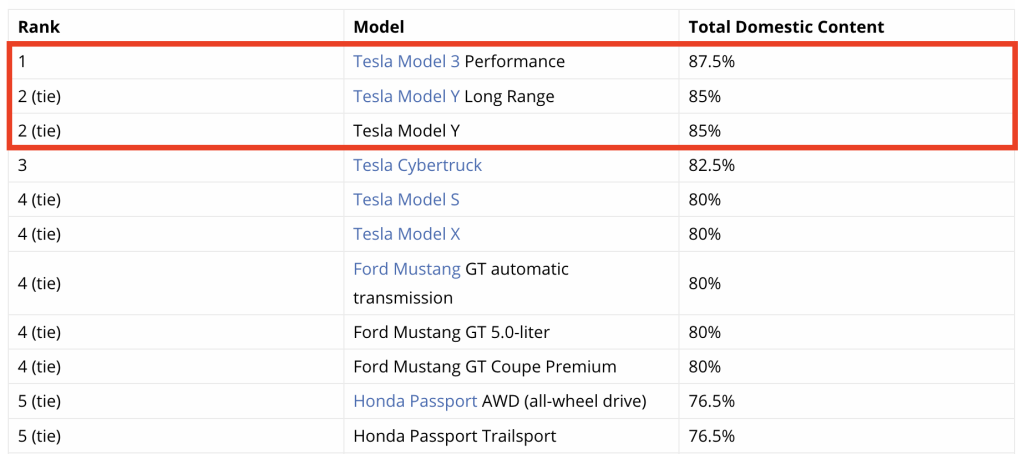
The two Model Y variants received a total domestic content score of 85%, while the Model 3 Performance had a total domestic content of 87.5%. If Secretary Lutnick’s comments are any indication, these three vehicles would be subjected to zero tariffs. This bodes well for Tesla, as the Model Y is the company’s best-selling vehicle by a notable margin.
-
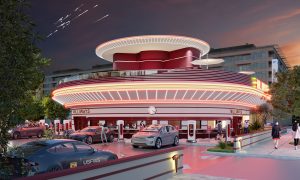
 News1 week ago
News1 week agoTesla’s Hollywood Diner is finally getting close to opening
-
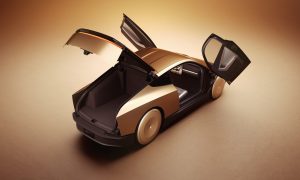
 Elon Musk2 weeks ago
Elon Musk2 weeks agoTesla doubles down on Robotaxi launch date, putting a big bet on its timeline
-
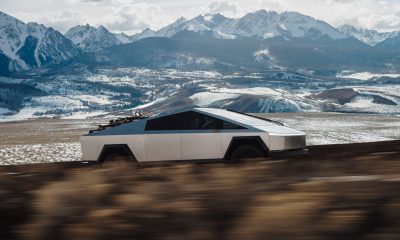
 News5 days ago
News5 days agoTesla is trying to make a statement with its Q2 delivery numbers
-

 News2 weeks ago
News2 weeks agoTesla’s top investor questions ahead of the Q1 2025 earnings call
-
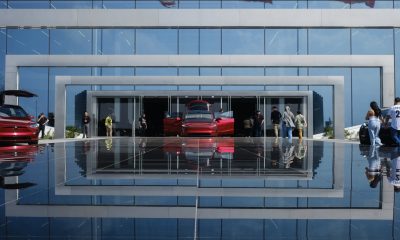
 Investor's Corner1 week ago
Investor's Corner1 week agoLIVE BLOG: Tesla (TSLA) Q1 2025 Company Update and earnings call
-
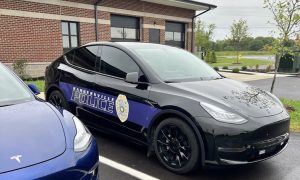
 News2 weeks ago
News2 weeks agoTesla police fleet saves nearly half a million in upkeep and repair costs
-

 News2 weeks ago
News2 weeks agoGlobal EV sales climbed 29% in March, powered by China & Europe
-
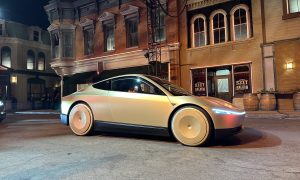
 Elon Musk2 weeks ago
Elon Musk2 weeks agoTesla reportedly suspended Cybercab and Semi parts order amid tariff war: Reuters

